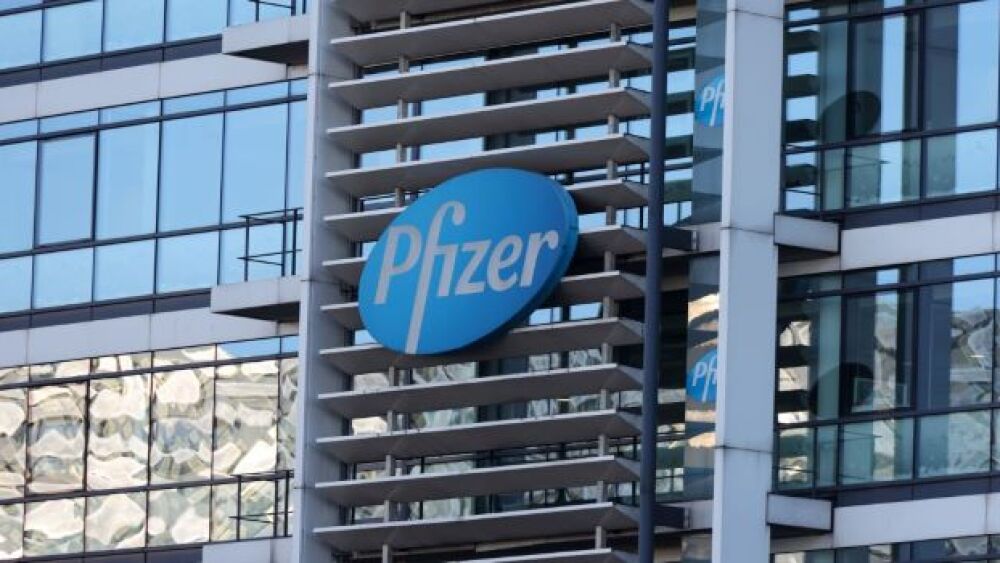Pfizer signaled its interest in longevity research through a new partnership -and a $500,000 investment - in a decentralized drug development program driven by VitaDAO.
Pierre Suu/Getty Images
Pfizer signaled its interest in longevity research through a new partnership -and a $500,000 investment - in a decentralized drug development program driven by VitaDAO, a cooperative focused on developing therapeutics to extend human life.
The move represents Pfizer’s interest in longevity research that can be sped up by cooperative partnerships, Michael Baran, executive director and partner at Pfizer said in a statement Tuesday.
The company’s participation in VitaDAO could include scientific expertise, further cooperation and funding that will support incubation and commercialization.
“Where appropriate, we also aim to bring promising deal flow to VitaDAO via Pfizer’s extensive external network,” Pfizer representatives said in the statement. “This includes potentially catalyzing interactions with tech transfer offices around the globe. We will evaluate and potentially license IP generated by VitaDAO.”
There is also potential to work with Pfizer Ventures to form other organizations around intellectual property to leverage traditional venture capital.
VitaDAO’s mission is to accelerate R&D in the longevity space, focused on extending human life and addressing diseases of aging.
Several companies have already dug into the longevity space, such as BioVita and Human Longevity, Inc. Still, others continue to create partnerships to advance technologies in hopes of drug discovery.
Last week, California-based BioAge Labs, Inc. partnered with diagnostics company Age Labs AS to analyze samples and health records from the Nord-Trøndelag Health Study biobank from volunteers in northern Europe, planning to use machine-learning techniques.
“Through its backing of VitaDAO, longevity studies are at a pivotal moment in history, driven by novel science and increasing patient need, Pfizer said in its Tuesday statement. “The de-centralized research can lead to advances in age-related diseases such as Alzheimer’s disease, Parkinson’s disease, oncology, cardiomyopathy and others.”
Pfizer leaders said they hope the decentralized science movement represents a new opportunity to transform the traditional business of science into more convergent practices.
Pfizer remains interested in developing new therapeutics and technologies related to the field of longevity. Many of the age-related diseases associated align with the company’s core focus, including oncology, inflammation and immunology, neuromuscular diseases and internal medicine, according to the company’s website.
Featured Jobs on BioSpace





